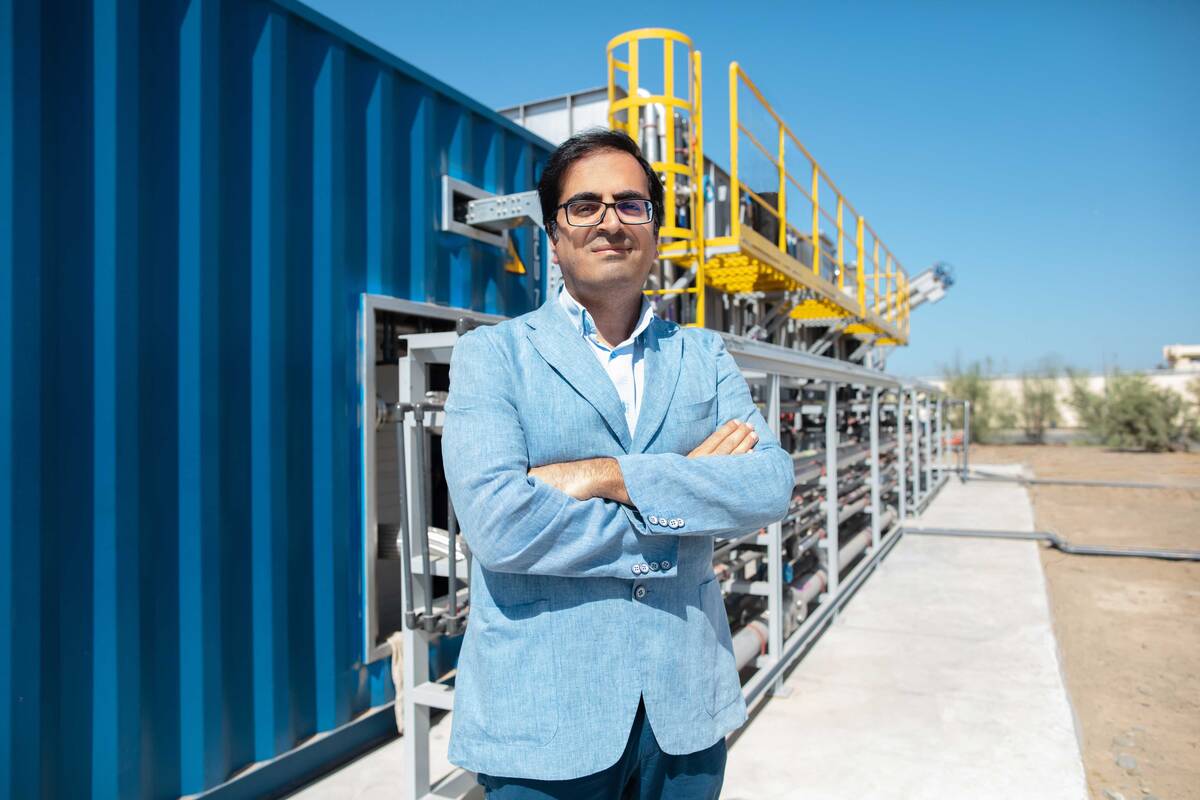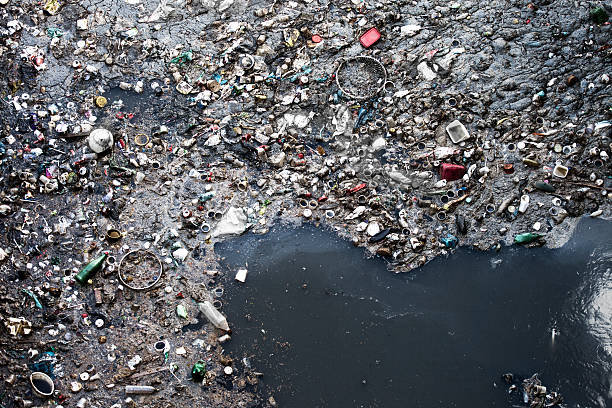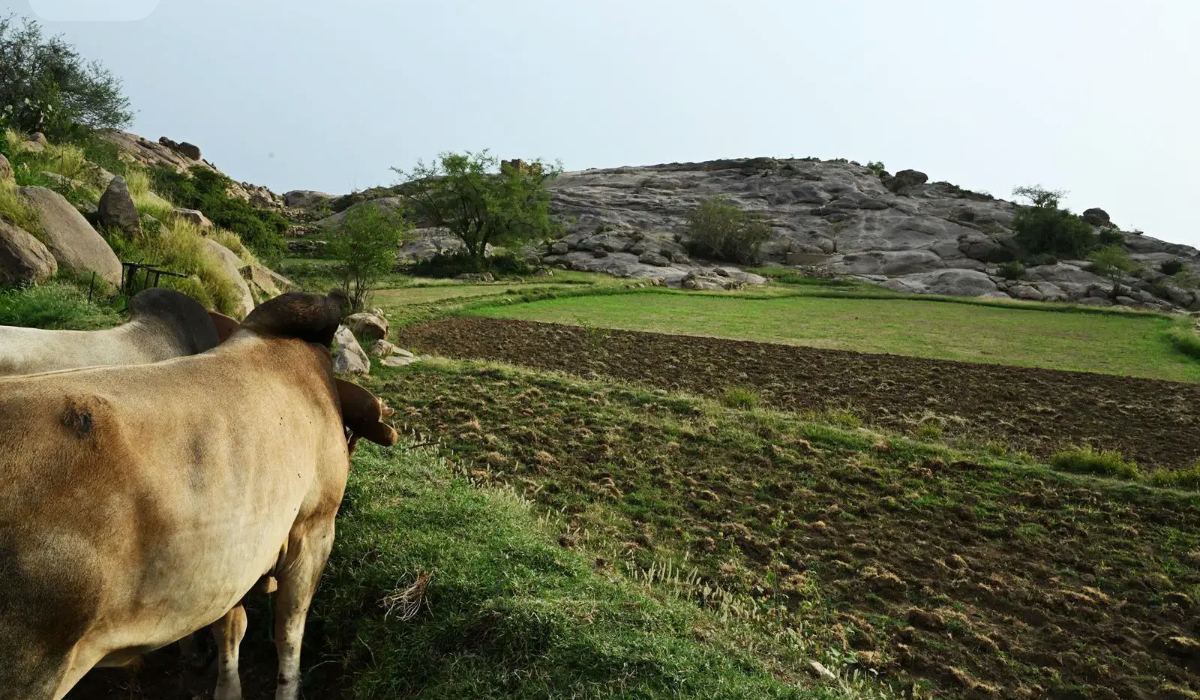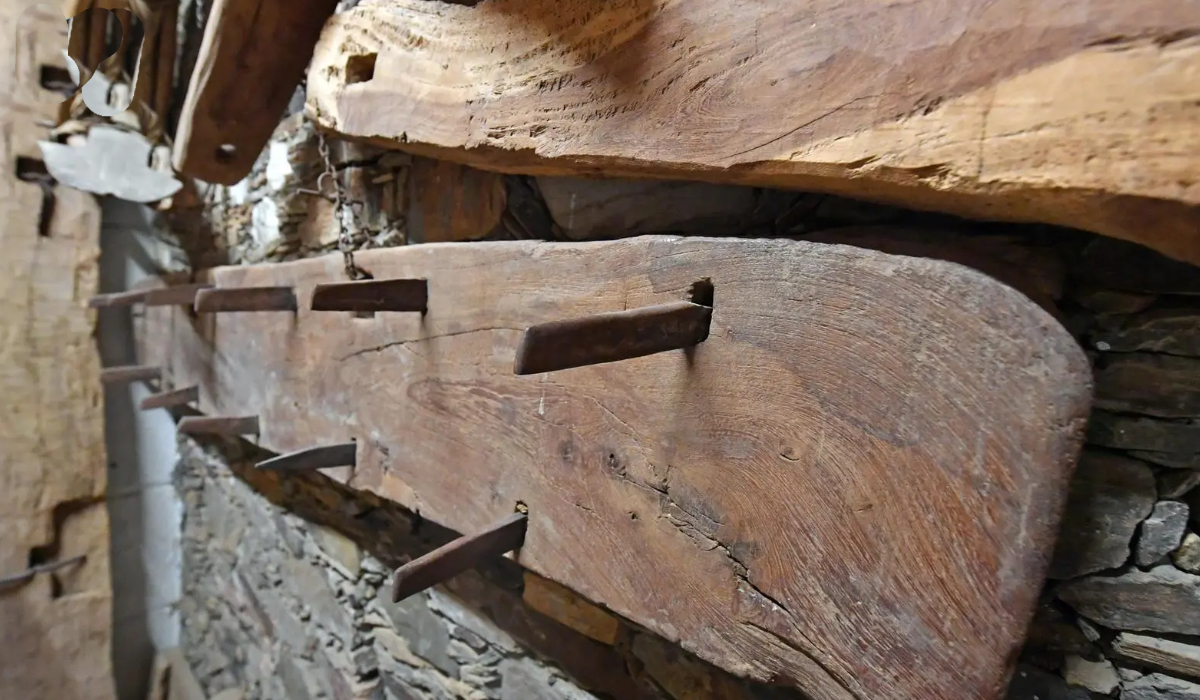RIYADH: In the thick of Ramadan season, Saudi residents are trying to find the balance between their busy social calendars and the spiritual journey of the holy month.
This Ramadan, Nouf Al-Dossari realized that she is more focused spiritually than in previous years, making sure to perform the five daily prayers on time and learning to interpret the Qur’an in both English and Arabic.
She has balanced out the spiritual aspect of the month by tackling other projects at home. “I have picked up on learning how to write in Arabic, which is something I’m very proud of myself for doing. Coming from a Saudi family and not knowing how to write Arabic wasn’t great, especially as an Arabic speaker, so I finally got down to it,” she told Arab News.
She has also made her way into the kitchen to help out her mother make iftar and sahoor, calling it an “absolute blessing.”
Al-Dossari said: “In the past I would not dare to enter the kitchen, but now, I get so excited to create a delicious masterpiece with her,” she said.
But Ramadan does not come without its own set of challenges. As a content creator, Al-Dossari says it is difficult for her to dedicate mealtimes to her family.
“I’m called to do shoots during the iftar timing which causes me to miss iftar on most days. The first week, I was so disheartened because I spent it breaking my fast alone,” she explained.
After shuffling her schedule around, prioritizing herself and her family became a promise she has sworn to keep — anything else, like outings and watching Ramadan series, comes after Taraweeh prayers.
She uses the rest of her time creating Ramadan-related content for her popular Instagram page, @saudiexplorer_, and educating her audience.
She said: “With so much growth on my page, I have both non-Muslim and Muslim viewers who have interest in learning about Islam and it gives me a chance to allow myself to learn as well.
“This year I focused on supporting home-based business, providing daily reminders, and just being real and being myself. I also refrain from using music for my content so my viewers can enjoy the content,” she said.
For more traditional jobs, most working hours in Muslim countries are cut down to six hours a day or 30 hours a week, to relieve the stress of commitments and leave more spare time to attend to religious practices.
“Short office hours allow us to enjoy the spirit of Ramadan easily. Every other street has a mosque in Saudi Arabia, which makes it so easy for one to enjoy their prayers and immerse fully,” Ifrah Mahmoud, an expatriate living in Saudi Arabia, told Arab News.
She said that trips to mosques have been so entertaining on their own that she has not needed to divert attention elsewhere.
“I can’t wait for the last 10 days in particular where we are supposed to pray even more. It gives us a chance to put a pause to work life and enjoy spirituality,” she said.
Hadeel Jabrti’s Ramadan strategy consists of planning ahead before the month starts. She has set herself up to read five pages of the Qur’an every prayer, in order to finish the mus’haf by the end of the month, and attend Taraweeh at least three to four times a week.
“I’m hoping to achieve these goals, and so far, l’m doing well,” she told Arab News. “Since I don’t typically sit still and practice mindfulness, Taraweeh has quickly become the thing I look forward to at the end of the day. I love the aroma of the mosque and getting together and praying in unison.”
In contrast, their household integrates Ramadan rituals with fun activities.
She said: “We host iftar at our house every year, which is a great way to catch up with some of my closest friends and family … I especially love it when we all get in the kitchen and cook together, chat, bicker, and play around. In my opinion, it really makes it feel like Ramadan.”
Her goal for the month is to remain mindful and make an effort to be careful with words and actions. This also includes mindfulness of consumption, whether it’s food, media, or others.
She advises others with trouble keeping a balance this Ramadan to create a schedule or routine that allows for flexibility while enabling them to accomplish their goals.









































